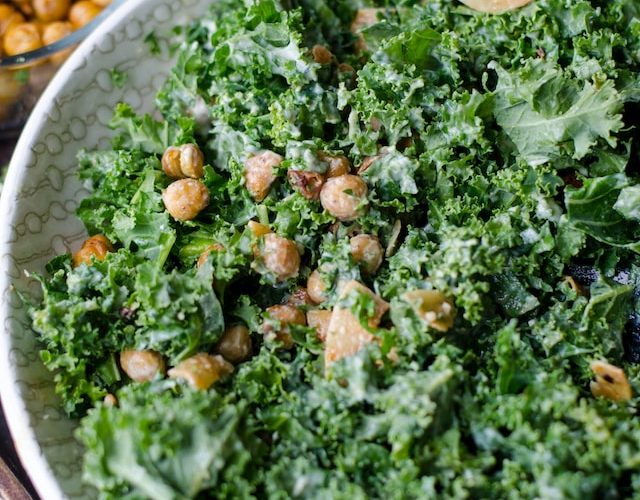Introduction: Maintaining good mental health is essential for overall well-being, and recent studies have highlighted the potential benefits of a plant-based diet in promoting mental wellness. While consuming a variety of fruits and vegetables is known to enhance physical health, their positive impact on mental health is often overlooked. This article explores the connection between vegetable consumption and mental well-being, highlighting the remarkable ways in which eating your greens can boost your mental health.
The Nutritional Link: Vegetables, especially leafy greens, are packed with essential nutrients that support brain health. Folate, found abundantly in vegetables like spinach and broccoli, aids in the production of neurotransmitters like serotonin, dopamine, and norepinephrine, which regulate mood and emotional stability. Additionally, vegetables provide crucial antioxidants, vitamins (such as vitamin C and E), minerals (like magnesium and zinc), and fiber, which play significant roles in maintaining a healthy brain and nervous system. By incorporating more greens into your diet, you provide your body with the necessary nutrients to support optimal mental health.
Gut-Brain Connection: The gut-brain axis, the intricate network of communication between the gastrointestinal tract and the brain, has a profound influence on mental health. Vegetables, particularly those high in fiber, act as prebiotics, nourishing the beneficial bacteria in the gut. These bacteria produce short-chain fatty acids, such as butyrate, which play a crucial role in maintaining the integrity of the intestinal lining and reducing inflammation. Emerging research suggests that a healthy gut microbiome can positively affect brain function and mood regulation. By consuming vegetables, you support the growth of beneficial gut bacteria, leading to improved mental well-being.
Reducing Inflammation and Oxidative Stress: Chronic inflammation and oxidative stress are associated with several mental health disorders, including depression and anxiety. Vegetables are rich in antioxidants, which help combat inflammation and oxidative stress by neutralizing harmful free radicals. The phytochemicals found in vegetables, such as carotenoids and flavonoids, possess powerful antioxidant properties. Leafy greens, in particular, are excellent sources of these beneficial compounds. By incorporating more vegetables into your diet, you can reduce the inflammatory response in your body and protect against oxidative damage, thereby promoting better mental health.
Promoting Healthy Eating Patterns: Adopting a diet rich in vegetables encourages overall healthy eating patterns. People who consume more vegetables tend to have a higher intake of essential nutrients and a lower intake of processed foods high in unhealthy fats, added sugars, and refined carbohydrates. Such dietary patterns have been associated with a lower risk of mental health disorders. Additionally, incorporating a variety of vegetables into your meals can enhance the sensory experience of eating, providing satisfaction and reducing the likelihood of turning to comfort foods. By prioritizing vegetables, you create a foundation for a well-balanced diet that supports both physical and mental health.
Conclusion: Eating your greens goes beyond mere physical health benefits. By incorporating a variety of vegetables into your diet, you can nourish your brain, support a healthy gut microbiome, reduce inflammation and oxidative stress, and promote overall mental well-being. So, the next time you sit down for a meal, remember to fill your plate with colorful, nutrient-rich vegetables. Your mind will thank you for it as you experience the power of greens in boosting your mental health.












